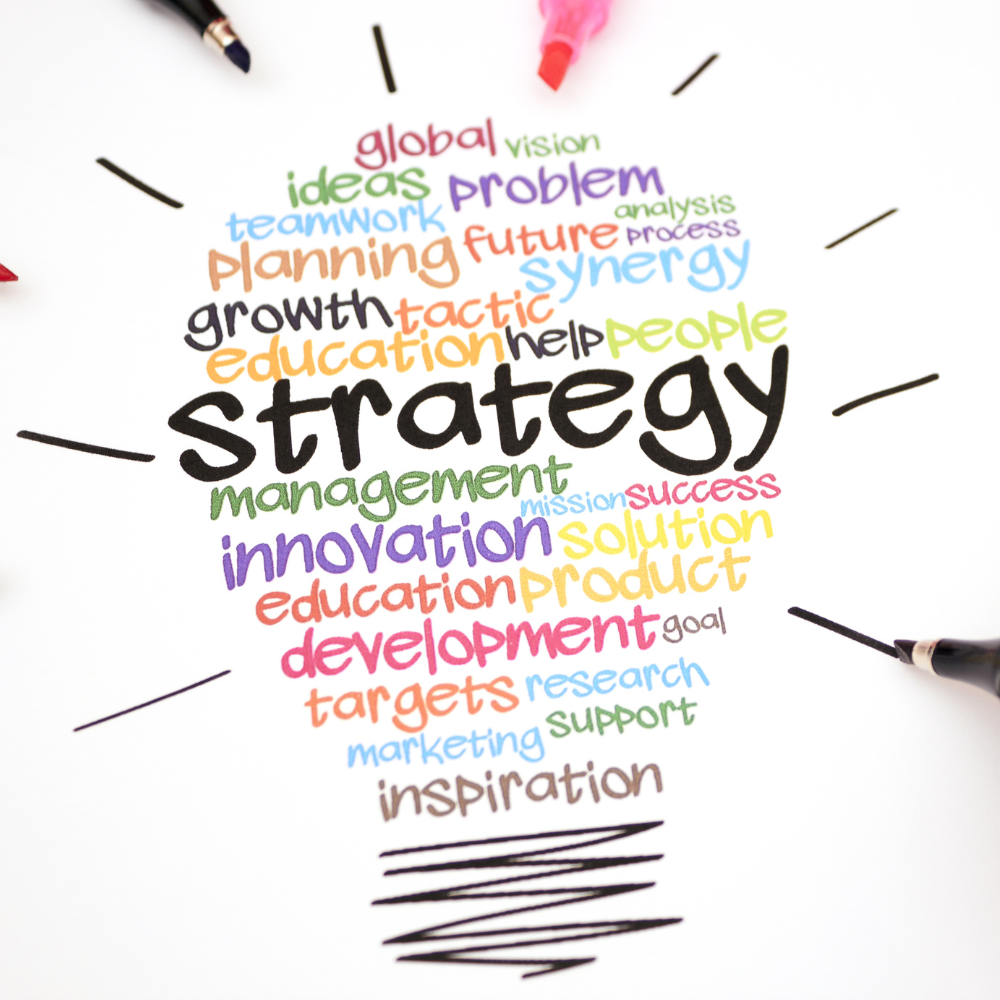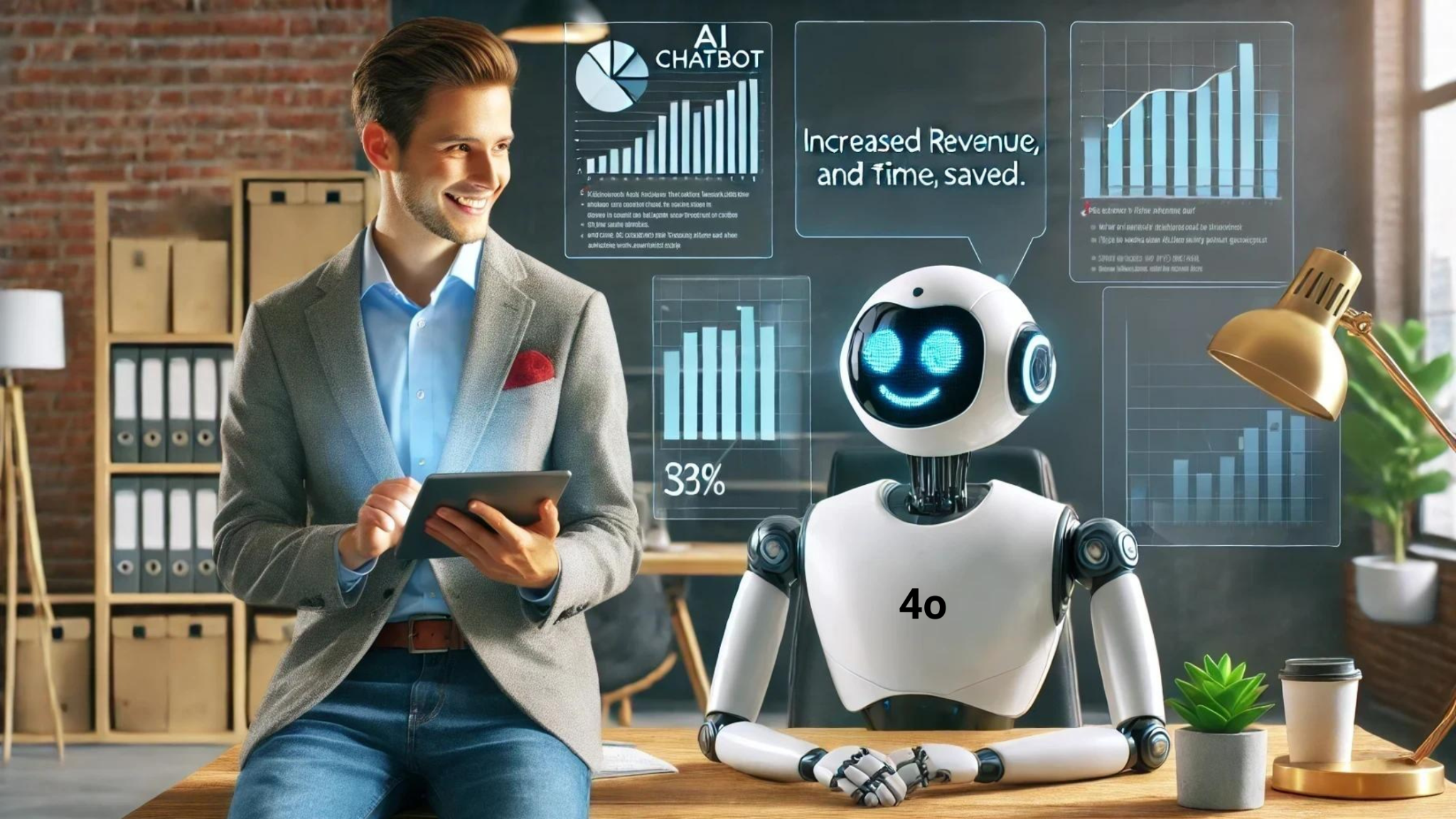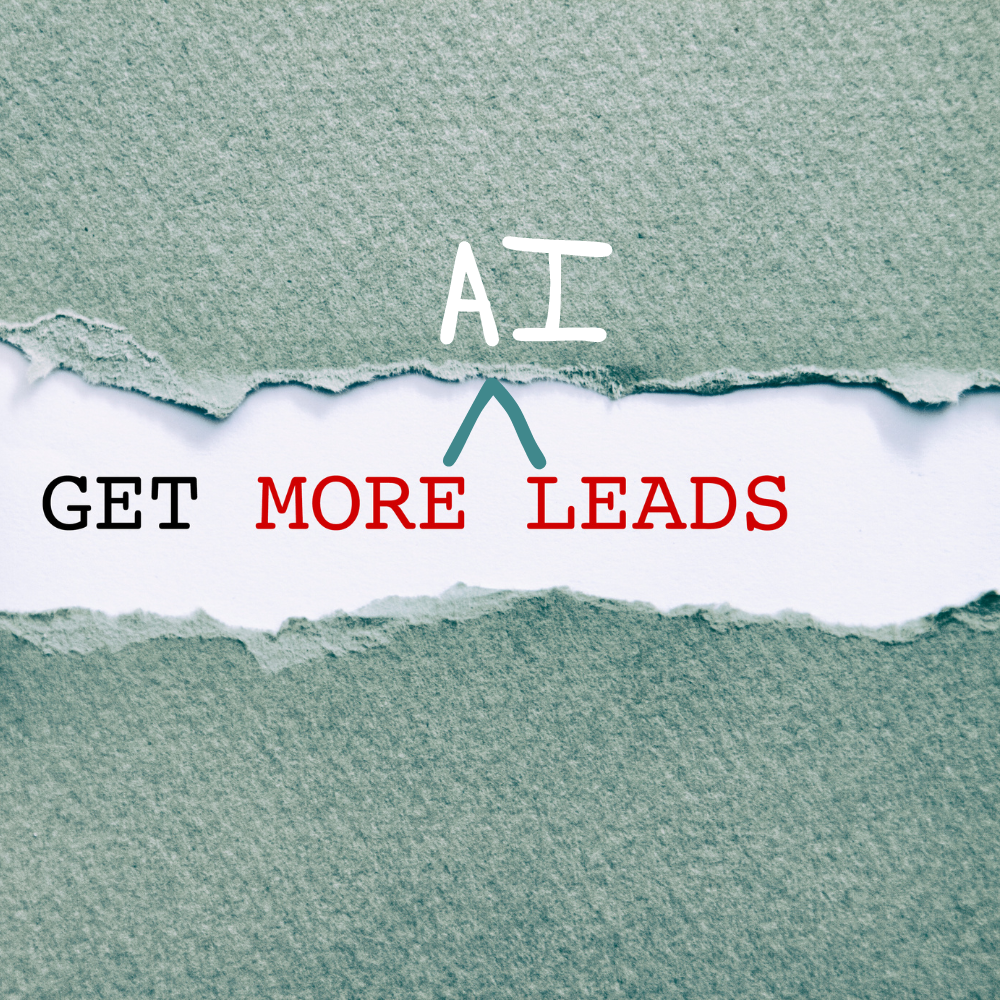As a marketing consultant focused on empowering small businesses, I know first hand how overwhelming marketing can feel. Tasks like data entry, content creation, and campaign management take time away from the high-impact strategies that drive growth. But what if you could automate those tedious processes? Artificial intelligence (AI) automation offers a solution, streamlining workflows so you can focus on what matters. This guide for implementing AI automation explains what AI automation is, key benefits for marketing, and tips to successfully implement it in your business.
AI automation refers to using technologies like machine learning and natural language processing to automate workflows. For marketing, this often means leveraging AI software to handle repetitive tasks like data entry, content creation, and campaign management. The main benefits are increased efficiency, deeper consumer insights from data, hyper-targeted and personalized marketing, and scalability.
Want to learn more? We’ll explore real-world examples of AI tools for small business marketing automation, from predictive analytics to content generators. You’ll walk away with clear, actionable steps to identify where AI can assist your efforts and integrate solutions into existing workflows. Let the robots handle the busywork so you can focus on high-value strategies that drive results. Ready to work smarter? Keep reading to start leveraging AI to take your marketing to the next level.
Implementing AI Automation for Small Business Marketing
As a small business owner, you likely spend a lot of time on manual, repetitive marketing tasks – updating your website, posting on social media, managing campaigns, analyzing data, and creating content. While these responsibilities are important, they can take you away from higher-impact strategies to grow your business. What if you could automate these tedious processes? Artificial intelligence (AI) automation provides a solution.
Implementing AI-powered software can help streamline your workflows so you can focus on the big picture. This article will explain what AI automation is, the key benefits for marketing, and tips on how to successfully integrate it into your small business. Read on to learn how to work smarter, not harder.
What is AI Automation?
AI automation refers to using artificial intelligence technologies to handle routine business processes and workflows automatically. This includes machine learning algorithms that can learn and improve over time, as well as natural language processing that allows software to understand human language.
For marketing purposes, implementing AI automation involves using intelligent software tools to complete repetitive tasks like data entry, content creation, email campaign administration, data analysis, and more. Instead of manually updating your website, you can use AI web builders that automatically populate and optimize pages. Chatbots can have natural conversations with customers to answer questions around the clock. And predictive analytics tools can uncover deep insights from data to inform your campaigns.
The business applications of AI automation are vast and growing daily. It allows you to work efficiently, stay competitive, and keep customers happy.
Benefits of AI Automation for Marketing
Implementing marketing automation powered by artificial intelligence provides several important benefits:
– Saves time on repetitive tasks – AI automation eliminates hours spent on manual data entry, content creation, email sending, and other rote tasks. You’re freed up to focus on long-term strategy.
– Provides data-driven consumer insights – Sophisticated AI tools can uncover patterns in your data to deliver insights about your best segments and channels. This informs messaging and personalization.
– Allows for hyper-personalized marketing – With AI, you can create customized messaging and offers tailored to each individual. This drives greater engagement and conversions.
– Scales your marketing efforts – You can do more with less through AI automation. The tech allows you to reach and engage larger audiences without expanding your team.
– 24/7 capability to engage customers – Chatbots and messaging platforms enable around-the-clock communication. AI is always on, enabling you to connect with customers anytime.
Types of AI Marketing Tools
Many different types of AI-powered software tools can be leveraged to automate parts of your marketing workflow. Popular options include:
– Chatbots – These AI bots can have natural conversations via messaging to engage site visitors, answer FAQs, take orders and more.
– Predictive analytics – Analyze data to identify patterns, trends, and insights. Predict future outcomes and behavior.
– Marketing automation platforms – Streamline email, social, SEO, content marketing and more with AI optimization.
– Content creation tools – AI can generate blog posts, social media captions, and other content on its own.
– SEO tools – Automate keyword research, site audits, rank tracking and optimization.
– Social media management tools – Automate posting, community management, ad campaigns, and reporting.
How to Implement AI Automation
Follow these best practices to successfully implement artificial intelligence automation in your small business marketing:
1. Assess current workflows and identify tedious tasks that can be automated. Look for repetitive manual processes. To gain better clarity on your workflows, document them “as is” first to see where you can add AI automation.
2. Set clear goals for implementation based on pain points and bottlenecks. AI should solve specific issues. Ask yourself these 3 questions before deciding to automate or introduce AI
- Can I train an intern or VA to do the task for me at a high quality level?
- Is this task one that I or the team performs regularly with enough consistency where it’s worth automating?
- Is this a text heavy process?
3. Calculate potential time and cost savings from AI automation to build a business case. AI Automation has an ROI.
4. Research AI tools that fit your needs, integrations, and budget. Read reviews and buy from reputable vendors.
5. Start small and expand capabilities over time for easier adoption. Don’t automate everything at once.
6. Integrate AI tools into your existing platforms and workflows for unified access and usage.
7. Train staff on using new AI tools to maximize adoption and results. Document processes with a prompt library.
8. Maintain transparency in AI systems to build trust. Monitor for errors and bias also known as prompt drift. Test automations quarterly.
Get Started with AI Automation Today
Implementing artificial intelligence to automate marketing tasks is a key strategy to free up your time as a small business owner. Leveraging AI allows you to focus on the big picture – what your business stands for and where you want it to go. And it enables data-driven insights, hyper-personalization, always-on customer engagement, and scale.
Assess your current marketing workflow for automation opportunities. Research leading AI tools that can help create efficiencies specific to your business needs. Start small with a few solutions and expand over time. With marketing AI, you can work smarter, faster, and better. The robots are here to help lift burdens off your shoulders so you can focus on growth and transformation.
It’s time to embrace the AI revolution to drive your business forward today. Let’s discuss an AI automation strategy customized for your small business. Schedule a free strategy session with our team.
How much does it cost to implement AI automation for marketing?
The cost of implementing AI automation varies depending on the types of tools you need and integrate. Many AI software solutions offer affordable monthly subscription plans that allow you to start small. Expect an average budget of $100-$500 per month to automate a few key marketing workflows. Be sure to calculate your ROI based on projected time savings.



























